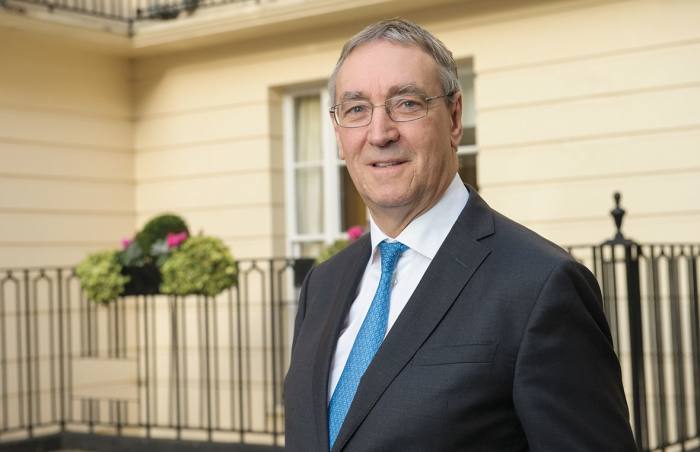
Stonehage Fleming may not be a familiar name to many advisers, but the new entity, created from a merger of South Africa-based Stonehage Group with Fleming Family & Partners in 2014, is making inroads into the UK space, both in terms of presence and investment proposition.
Gerrit Smit, partner and head of equity management at Stonehage Fleming Investment Management, believes the two companies’ differences have been to the new firm’s benefit.
He says: “In terms of the offerings it was a really good fit in the sense that while both [companies] have got what I would call a multi-manager offering in all asset classes, Fleming had a pure direct bond management capability where it manages bonds directly for clients, while Stonehage had a direct equity offering to buy equities directly for clients rather than go through other funds. That synergy is very clear. It is now two years old and working really well.”
Mr Smit’s background is mainly institutional, having previously worked for a life insurance company. But he has also gone “through the school of doing company research and equity analysis in all different sectors” before becoming an investment strategist working on macroeconomic issues and asset allocation.
He notes his interest in his current role “originates from all of that research experience, but also in the corporate actions where I got involved in physically buying businesses and being involved in restructuring the firms. And also forming opinions of what is right and what is wrong in a business and how to address that.”
Mr Smit says he formulated the investment philosophy he now applies from these experiences.
Stonehage Fleming is known as a family office, but has targeted advisers more recently via a global equity offering. The Stonehage Fleming Global Best Ideas Equity fund is based on work started in April 2009 in the midst of the credit crunch, when the team formed the opinion “that if something survives the crisis, then it is going to be very high-quality solid businesses”. Mr Smit explains:
“We started [implementing our strategy] in what we would call segregated accounts for ultra high net worth clients that have proven to be very successful. Two years later we started laying the foundations for this in the fund structure. The fund is now exactly three years old.
“We look for a competitive edge in a business, and along with that we make absolutely sure about the valuation to ensure we don’t pay too much for a business, because that’s not going to give us the necessary reward later. That is the background of how we got to the philosophy of owning what we perceive to be the world’s best businesses.”
He says it is a strategy of identifying those businesses and buying them at the right valuation with the intention to hold the business for the long term, rather than trading stocks. “We have only one philosophy and one product and that’s all we do. We don’t have different offerings and different mandates.”





